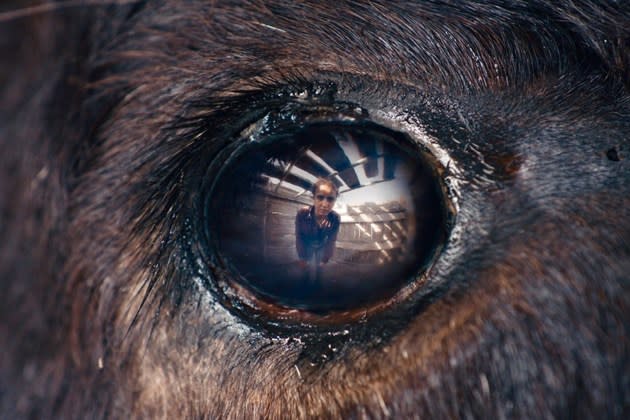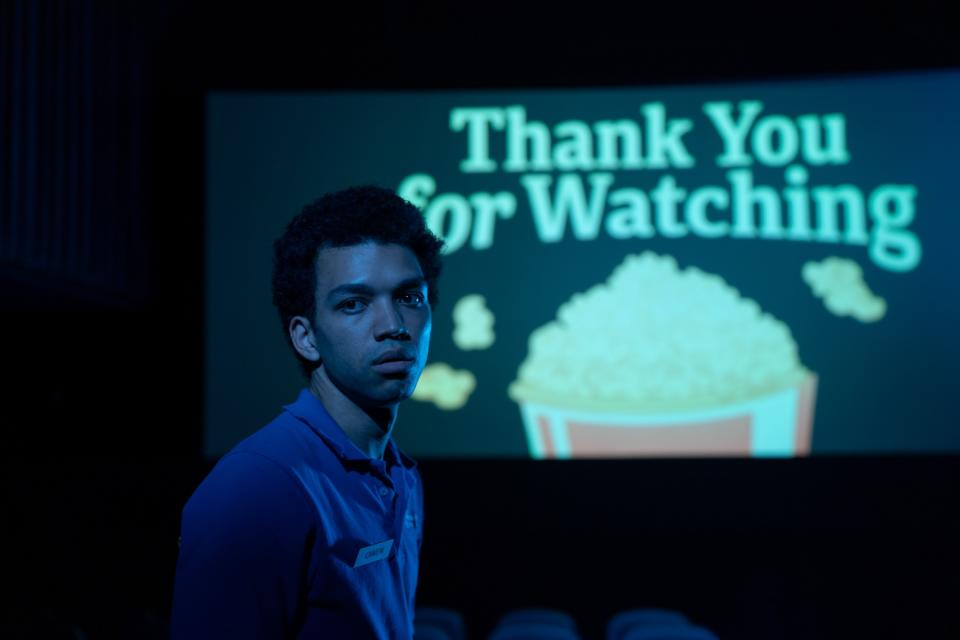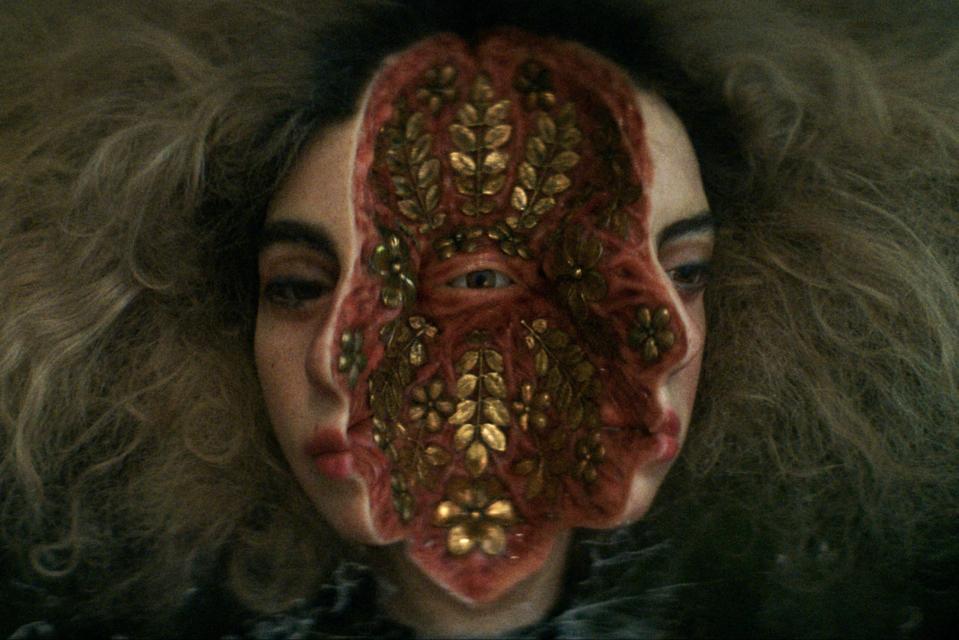Neuchatel Fantastic Film Festival Finds Deeper Truths in Fantasy

Roaring towards its 23rd edition, the Neuchatel Intl. Fantastic Film Festival (NIFFF) built its reputation as a haven for outré fare, pulling in a reliable (and renewable) youth crowd eager for wild thrills and hard-to-source Asian titles, while becoming a fixture on the horror festival circuit as a lakeside home-away-from-home for a stable of filmmakers who return year and again.
For the past half-decade or so, the Swiss showcase has also branched outward, welcoming new faces and diverse voices into the mix, all while pairing a more expansive vision of fantasy and with an intersectional programing remit that explores sociological questions through genre – or, if you will, that sees in fantasy a more crystalline reflection of the wider world.
More from Variety
“Fantasy is the cinema of the margins, the cinema of the forbidden,” says NIFFF director Pierre-Yves Walder. “It is the tool that underrepresented or minority communities use to tell their own stories, and so I see it as part of our mission to share films that might not be as visible elsewhere. Across all of international cinema, genre filmmaking is evolving.”
Running July 5 – 13, this year’s edition will screen 124 films spread across six sections that spans five continents and 46 countries. The festival will open with Emma Benestan’s “Animale,” an atmospheric slow-burn about a young bullfighter transforming into her prey. Led by rising star Oulaya Amamra, this year’s festival opener shares certain key similarities with last year’s NIFFF winner, Amanda Nell Eu’s “Tiger Stripes.”
Both films hit Neuchatel after breaking out of Cannes – an opportune path the very festival and its alumni have played an outsized role in securing. And both films mix body-horror and animal transformation with female coming-of-age narratives, a trend Walder sees echoed across many of the titles showcased this year.

Indeed, the NIFFF director tells Variety that feminist and environmentally minded narratives predominate in this year’s selection, informing competition entries like Veronika Franz and Severin Fiala’s “The Devil’s Bath,” Camila Beltrán’s “Mi Bestia” and Shalini Ushadev’s “Ennennum.” Meanwhile, the festival’s Third Kind spotlight – a section dedicated to films that straddle the lines between genres and codes – features titles like Rose Glass’ “Love Lies Bleeding,” Caroline Lindy’s “Your Monster” and Sarah Gyllenstierna’s “Jakt” – a film that deftly weaves both themes as it follows a pack of macho hunters left to their own devices after the animals they chase disappear.
“We’re not looking to impose a message,” Walder explains. “We don’t go out looking for female-directed titles or to program films that deal in environmental themes. But we are clearly sensitive and receptive to such propositions, and in a field that has always trended masculine, this new wealth of female perspectives is worth pointing out.”
That so many of this year’s NIFFF-primed titles scored earlier festival runs out speaks to a wider ecosystem finally catching up to the values that have long animated the Swiss showcase.
To wit, when Walder took the reins in 2022, he marked the occasion with a retrospective dedicated to queer representation and then followed that with a focus on female Scream Queen archetypes for his sophomore outing. Those two strands – alongside a millennial inclination that informs both Walder and so much of his programing team – now meet in Jane Schoenbrun’s “I Saw the TV Glow,” an A24-backed fantasy about genre fandom that precisely dramatizes so many questions Walder and his team have previously explored.
“It felt obvious to open up the field and program this kind of film,” says Walder. “It has a queer sensibility and an air of teenage melancholy that are both incredibly evocative”

With fantastic fare now a cornerstone of sales agents’ catalogs and with guts-and-glory horror films winning top prizes at the world’s biggest festivals, genre filmmakers might benefit from degree of market possibility eclipsed only by the competition between festivals to snatch up the hottest titles. But Walder takes no small measure of comfort in this dynamic new playing field.
“Seeing other festivals give such new prominence to fantasy and genre is an immense pleasure,” he says. “And that pushes us to think differently, to look for other propositions and to be freer in our programing. We don’t have to stick to a very codified style; we can present whatever we want, so long as the films are available. It multiplies the possibilities.”
To see such possibilities in action, one need only look to NIFFF’s newest program devoted to Swiss student shorts that was overseen by Charlotte Serrand – the artistic director of France’s more generalist La Roche-Sur-Yon film festival, and the latest addition to the Neuchatel programing team. And on a deeper level, this new spotlight feels very much like a byproduct of the festival’s own activities in the territory for the past two decades.
“These students have grown up with more access to fantasy films,” says Walder. “So we’ve seen a democratization of genre codes, because shorts allow for that kind of playfulness. The stakes are lower, which affords these young talents greater freedom. And so many of them have used that freedom to play with these tools that now make fantasy cinema so rich and varied.”
“Everyone in the creative world is very interested in this kind of filmmaking,” he adds. “Charlotte most of all. We’ve seen more generalist auteur cinema open up, borrowing more and codes, and that completely represent our festival’s guiding vision. One again, genre cinema is evolving.”

Best of Variety
Sign up for Variety’s Newsletter. For the latest news, follow us on Facebook, Twitter, and Instagram.


